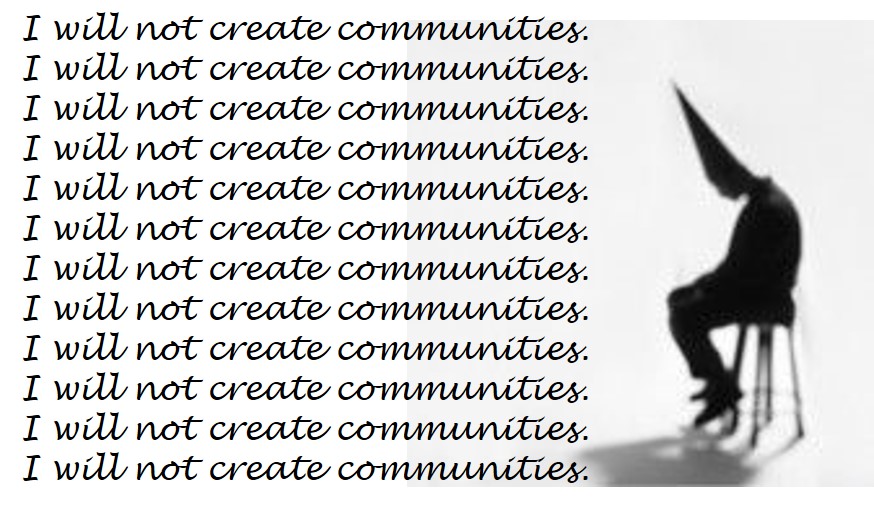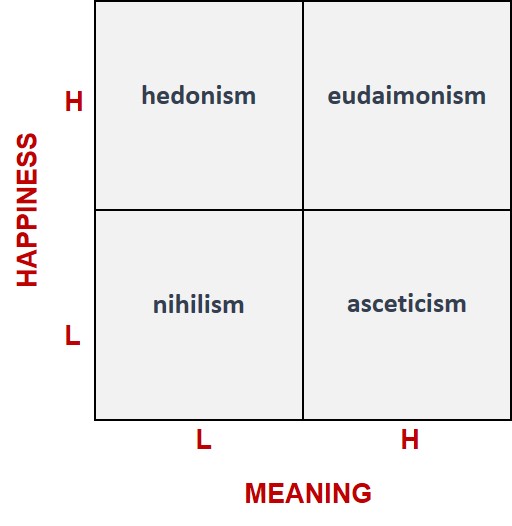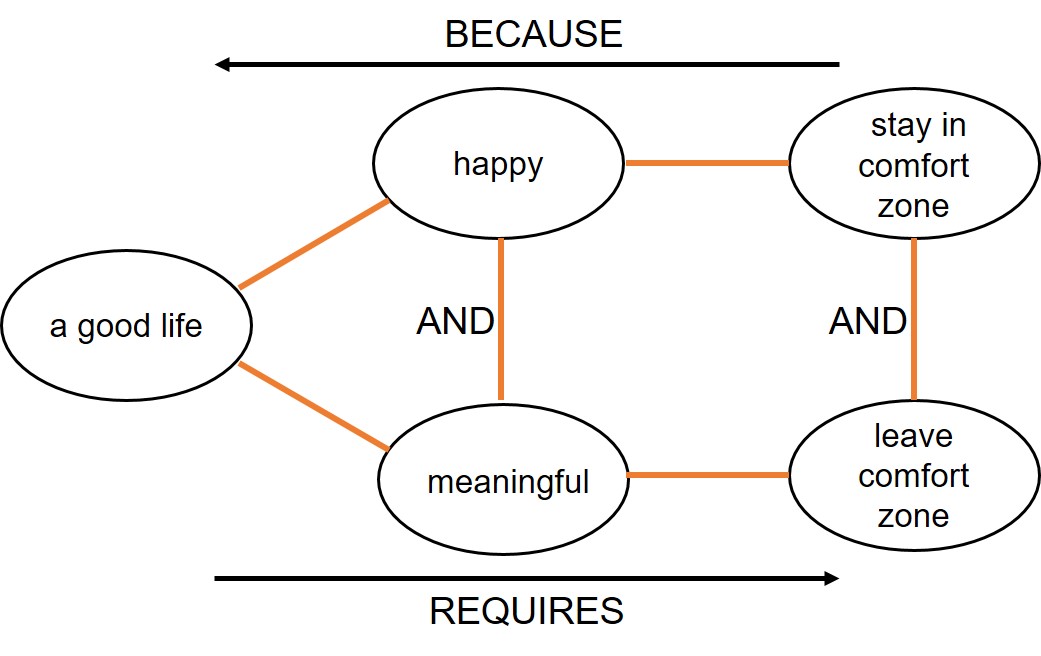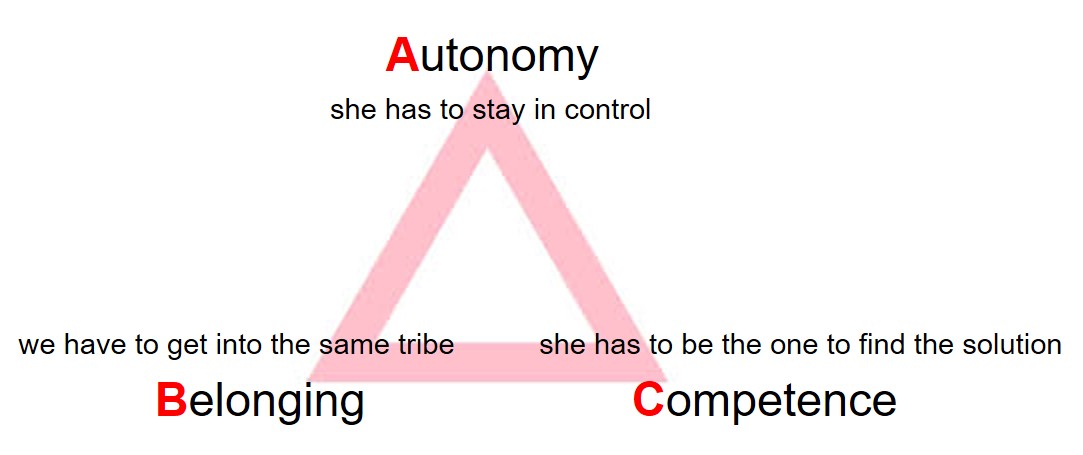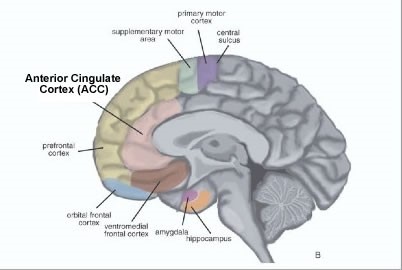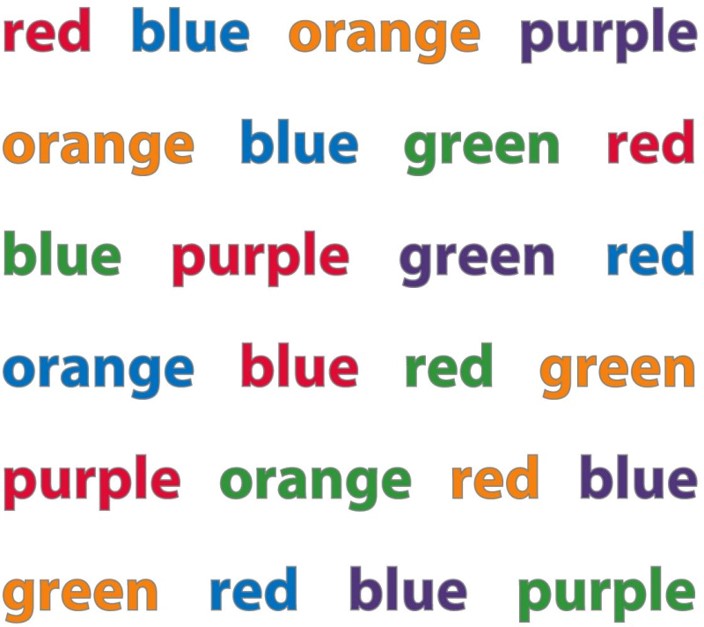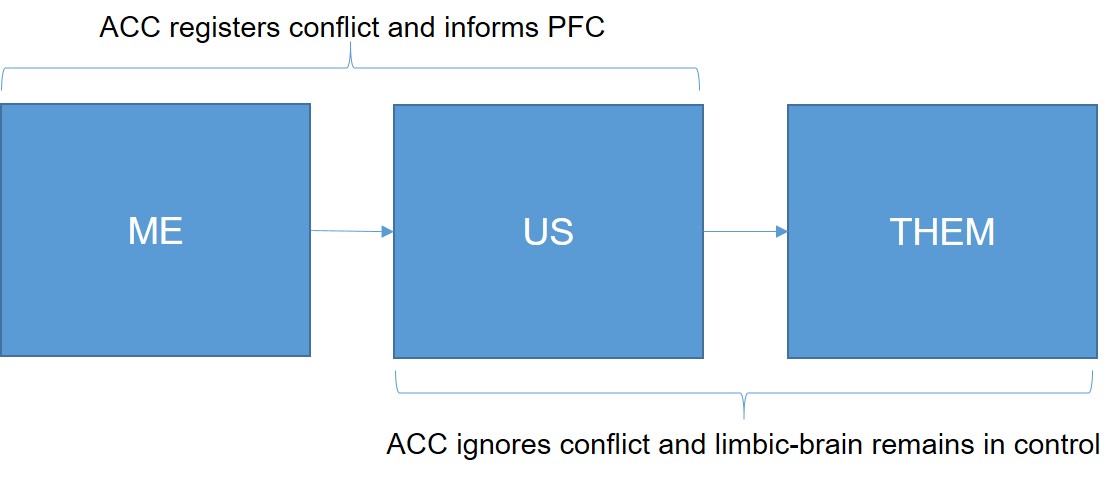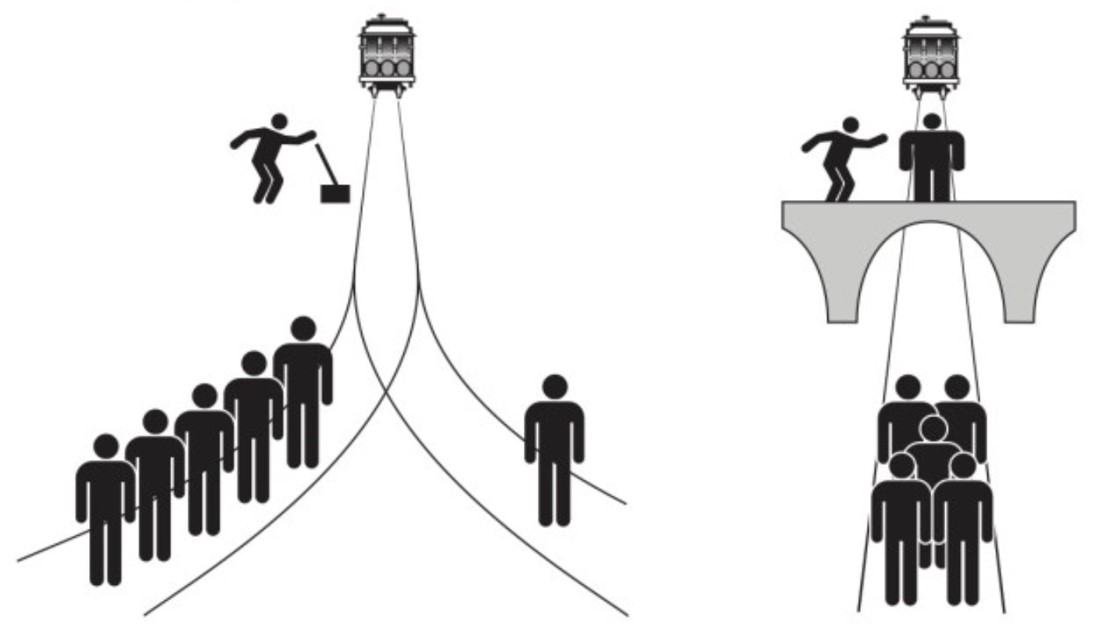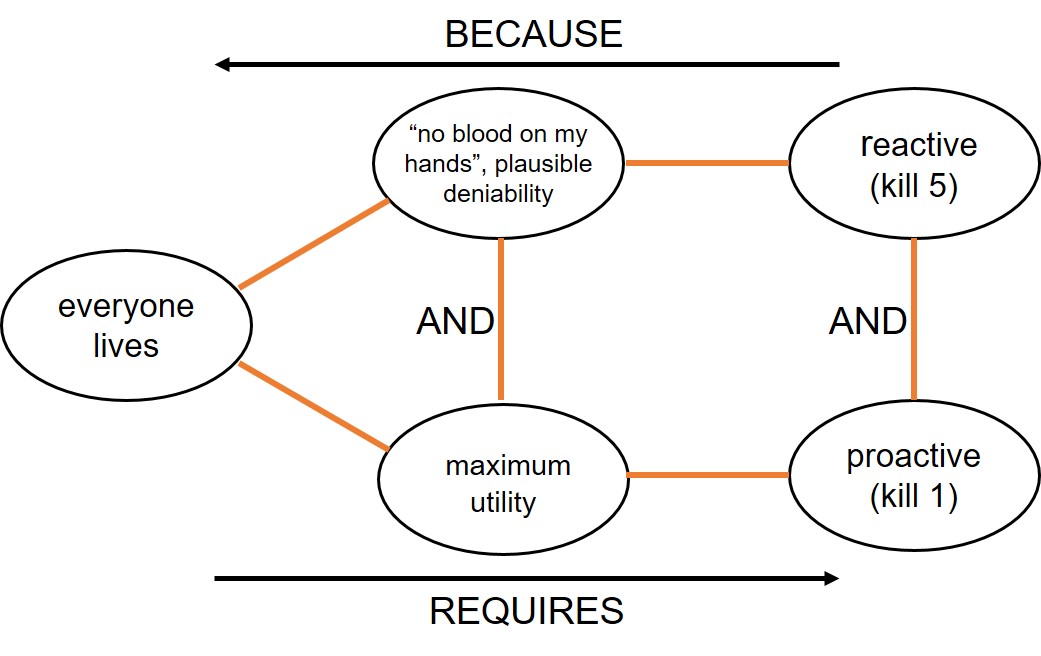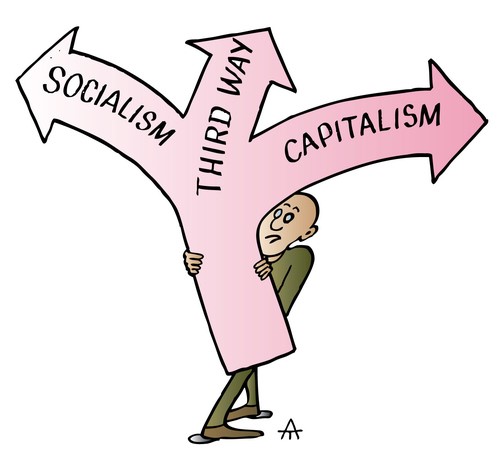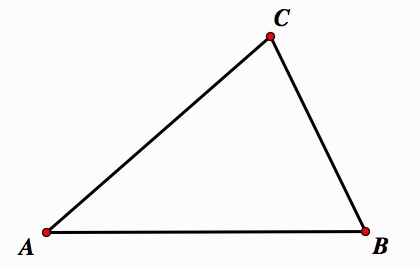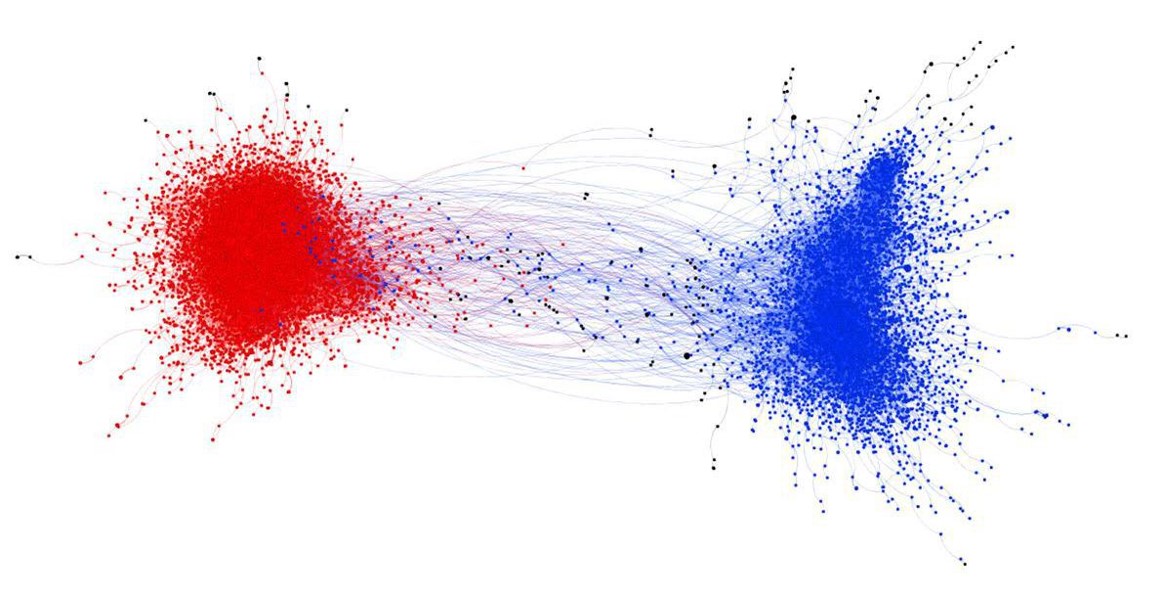
Everyone is somewhere on an Autistic Spectrum. Some people will stay fixed where they are, others will move. This is neither a good nor a bad thing, merely a pair of statements of fact. Vive la difference and all that.
Where a person sits on that Spectrum only starts to become relevant when we think about specific contexts. If I’m looking at a person taking on the task of devising global strategy on social media and the role of artificial intelligence within that strategy, for example, I think I’d prefer to have someone closer to the non-Autistic end of the spectrum than someone at the other end. Key word in that sentence being ‘social’. If I’m going into the social business I think having some social empathy skills would be useful.
The fact that Mark Zuckerberg in all likelihood doesn’t nor can’t sit on this end of the spectrum means that the moment he opens his mouth, I’m already doubting the validity of what he’s about to say. Especially now he’s been successful and is surrounded by people agreeing with every word he says irrespective of its validity. This inferno of agreement-without-understanding ought to ring a number of alarm bells, irrespective of how right the words that emerge from his mouth might eventually turn out to be.
Before that, however, because what I see in Zuckerberg is a severe lack of understanding of the majority of (first principle lead) things in life, I can be pretty certain, when he tells me that Facebook is in the business of ‘building community and bringing the world closer together’, that the sentiment is both naïve and has no way whatsoever of translating into reality. Mission without theory is far worse than theory without mission. Just ask any ego-driven despot throughout the annals of history.
I try and avoid Twitter these days. And I especially try and avoid the trending hit parade on the left-hand side of my screen. The other morning, when I saw that comedian, James Corden was trending with 30 plus thousand Tweets, my first thought was that he must be dead. Rather, it turns out, he happened to make a couple of perhaps ill-timed jokes about Harvey Weinstein. The world – even, it seems, a massive proportion who clearly hadn’t heard the jokes – within a matter of minutes had divided itself into two. One camp who thought that Corden was worse than Hitler and should be deported, and the other that thought Corden is quite a nice guy and leave him alone… oh, and, by the way, didn’t we used to have a thing called free-speech in this country?
I don’t know if Zuckerberg was watching, but I imagine him glowing with pride at the two brand new ‘communities’ his Social Media world has just – in a veritable instant – created. We now have a tribe of Corden-ites and a 180degree opposite tribe of Corden-lynchers demanding he be – word of the year – ‘deplatformed’.
Social Media in its current clueless evolutionary stage is indeed good at creating communities. The problem is there is no such thing as the plural of community. Today’s Social Media is inadvertently creating a million and one ‘us’s. But at the same time, it is also creating double that number of ‘them’s. Everyone shouting louder and louder and listening less and less. We’re only allowed to listen to the people in our tribe because that’s who the algorithms tell us to listen to, and, if we step out of line, we risk being ex-communicated from our tribe and thrown to the deplatform-lions.
Extrapolate that forward and pretty soon we’ll all need to be wearing a thousand lapel badges defining which tribes we belong to. And then being shot when we accidentally step into a store wearing the wrong colour socks.
Every trend direction comes to an end eventually, of course. Let’s hope there’s still enough of us alive to see that day. The day we see Mark Zuckerberg sent to a distant corner of the remedial psychology classroom and told to wear a dunce cap for the next decade. And the day, also, where the contradiction-solvers get the community-building due they deserve.
